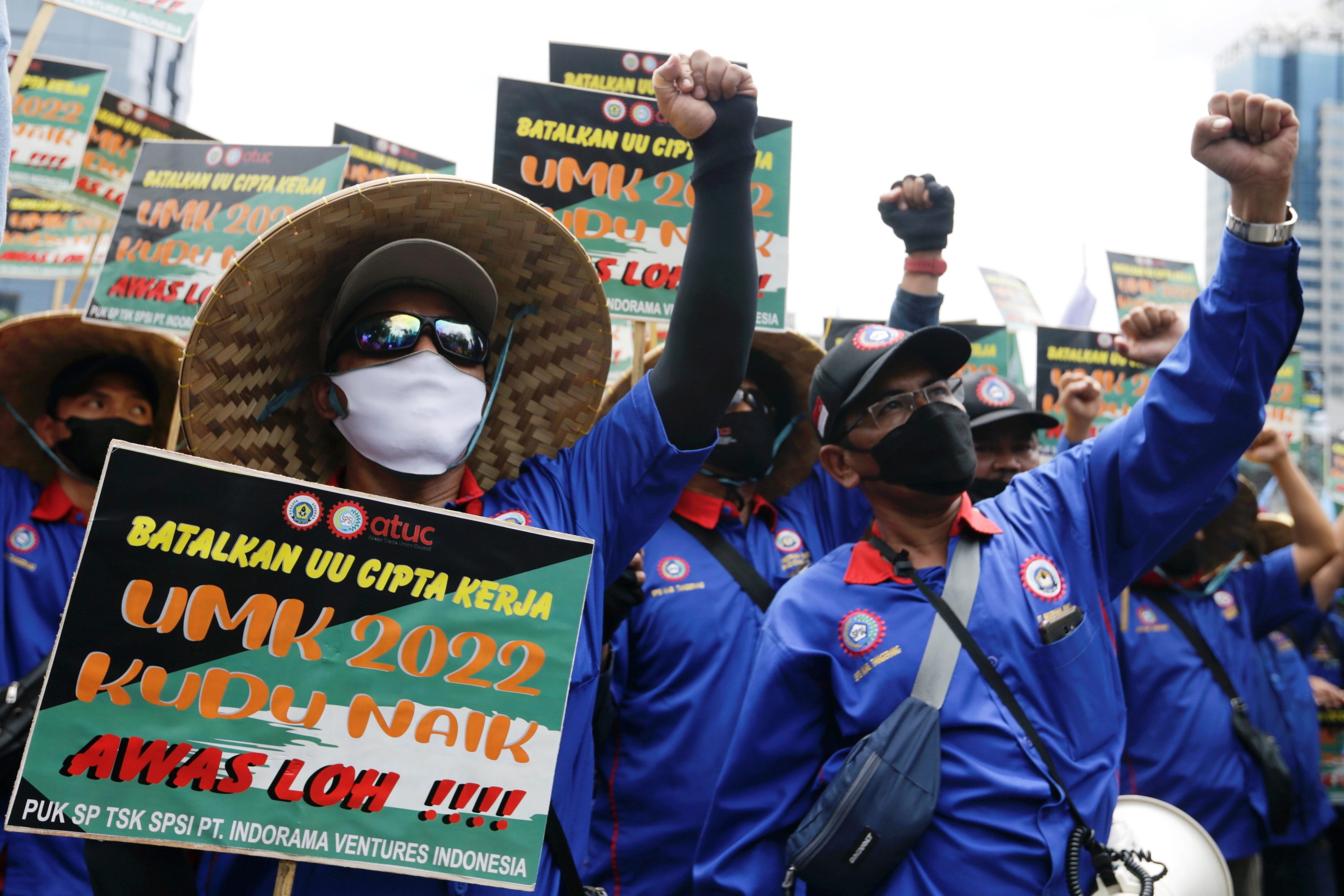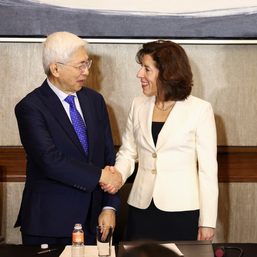SUMMARY
This is AI generated summarization, which may have errors. For context, always refer to the full article.

A court ruling in Indonesia against a new jobs creation law could dim its investment outlook, experts said on Friday, November 26, in a potential blow to President Joko Widodo’s drive to boost investment and reduce the economy’s reliance on consumption.
The Constitutional Court on Thursday, November 25, ordered the government to amend the legislation within two years, citing procedural flaws in its handling. The government said it will comply.
Indonesia had touted the law to try to lure foreign investors, citing related structural changes that have seen measures introduced to relax labor rules, reduce red tape, and speed up permitting.
“It cannot be ruled out that some investment decisions or corporate actions could be delayed as legal experts dissect the implications of this court ruling,” Helmi Arman, an economist with Citibank, said in a client note.
The deadline of late 2023 for amendments is just before a general election in 2024, he noted, a period when lawmakers might be distracted.
Adhi Lukman, chairman of the Indonesia Food and Beverages Industry Association, said it was crucial to maintain “a conducive investment climate.”
“Our concern is related to the certainty of doing business. Many of our investment partners, both domestic and foreign, have been asking about the Constitutional Court’s decision,” Adhi told a virtual briefing.
Hariyadi Sukamdani, chairman of employers association APINDO, said businesses should follow official guidance on the implication of the ruling, to avoid confusion after various interpretations arose.
The government says regulations that derived from the new law will remain in effect.
Although the ruling cited procedural flaws and rejected complaints from unions about certain articles of the law, it is still possible the substance may change, said Tarumanagara University law expert Ahmad Redi.
Redi said it the government and parliament might even have to restart the entire process.
“The court in the ruling ordered to improve public participation in the amendment process, so if the public demands certain changes in the material, the substance could change,” Redi said.
Jokowi, as the president is known, is keen for investment to be the main pillar of Indonesia’s resource-rich economy, especially into downstream industry.
Household consumption accounts for more than half of Indonesia’s economic activity. – Rappler.com
Add a comment
How does this make you feel?






![[ANALYSIS] Search for stocks that continue to sizzle](https://www.rappler.com/tachyon/2024/04/search-stocks-that-sizzle-April-5-2024.jpg?resize=257%2C257&crop_strategy=attention)



There are no comments yet. Add your comment to start the conversation.